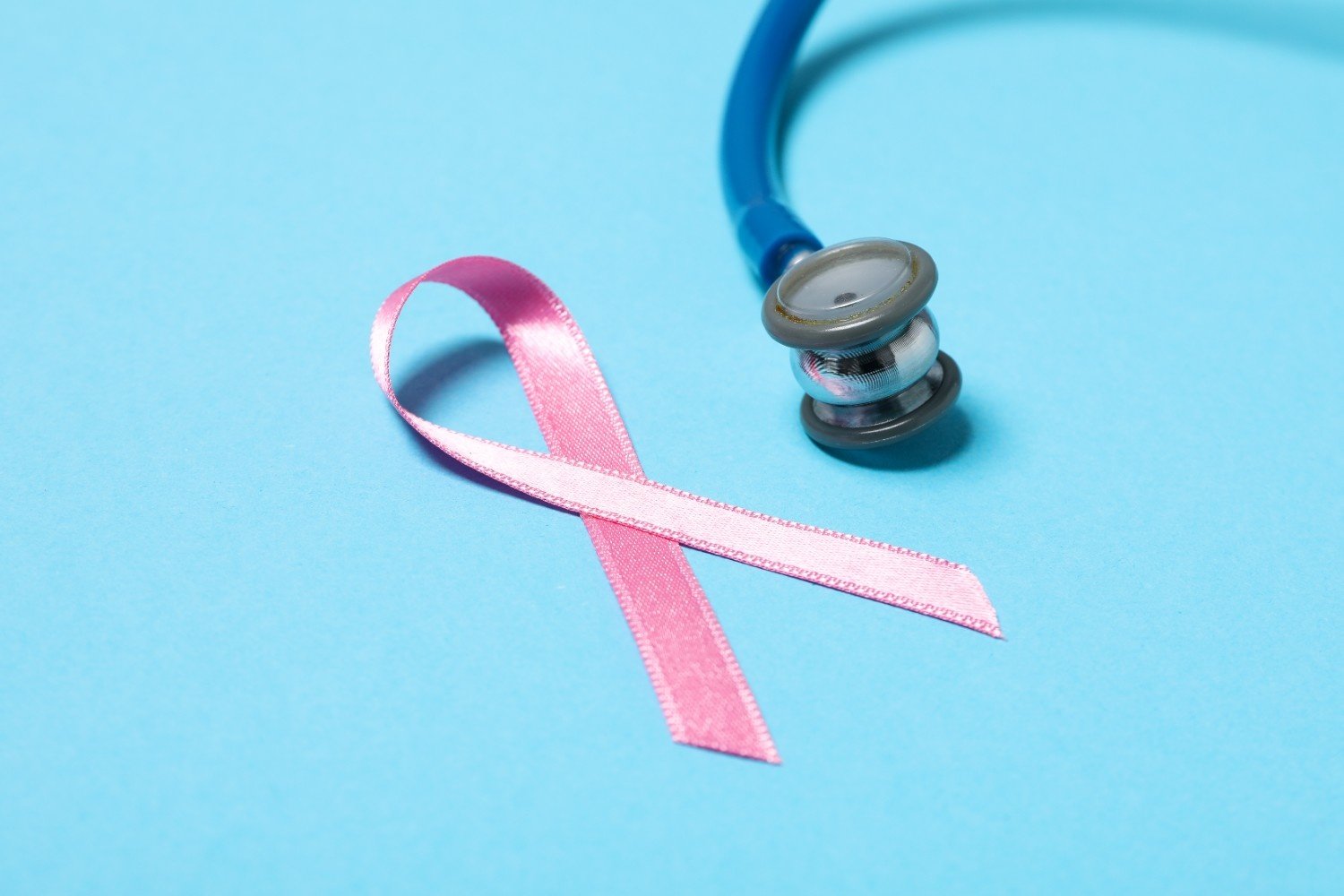Prostate cancer is a significant health concern for men worldwide, and as awareness grows, many are turning to alternative and complementary treatments, such as Ayurveda. This ancient Indian system of medicine focuses on balancing the body, mind, and spirit, using natural remedies to support overall health. Ayurvedic medicine has been gaining recognition for its holistic approach to managing prostate cancer, aiming to reduce symptoms, improve quality of life, and support the body’s natural healing processes.
What is Prostate Cancer?
Prostate cancer is a form of cancer that occurs in the prostate gland, which is a small walnut-shaped gland in men that produces seminal fluid. While it can be a slow-growing cancer, early detection and treatment are crucial. Conventional treatments include surgery, radiation, hormone therapy, and chemotherapy, but many patients are now exploring Ayurveda as a complementary approach to these methods.
How Does Ayurveda Approach Prostate Cancer?
Ayurveda views cancer as a result of an imbalance in the body’s doshas – Vata, Pitta, and Kapha. Prostate cancer, in particular, is often associated with an imbalance in the Kapha and Pitta doshas. Ayurvedic treatment aims to restore balance by using natural herbs, dietary changes, and lifestyle modifications. The focus is on strengthening the body’s immune system, detoxifying the body, and reducing inflammation.

Pranayama is the practice of breath regulation.
Best Ayurvedic Medicines for Prostate Cancer
Here are some of the most commonly recommended Ayurvedic medicines and herbs for managing prostate cancer:- Ashwagandha (Withania somnifera)
- Benefits: Known as one of the most powerful herbs in Ayurveda, Ashwagandha is often used to boost the immune system, reduce stress, and fight inflammation. It’s also believed to have anti-cancer properties, making it beneficial for prostate cancer patients.
- How It Helps: Ashwagandha supports overall vitality and helps the body cope with the physical and emotional stress of cancer treatment.
- Guggul (Commiphora mukul)
- Benefits: Guggul is another potent herb known for its anti-inflammatory and antioxidant properties. It helps in detoxifying the body and balancing the doshas, which can be crucial in managing cancer symptoms.
- How It Helps: Guggul may assist in reducing tumor size and preventing the spread of cancer cells by promoting apoptosis (programmed cell death).
- Turmeric (Curcuma longa)
- Benefits: Turmeric is widely recognized for its anti-inflammatory and anti-cancer properties, thanks to its active ingredient, curcumin. It is commonly used in Ayurvedic medicine to treat various types of cancer, including prostate cancer.
- How It Helps: Curcumin in turmeric may inhibit the growth of cancer cells and reduce the risk of metastasis, providing a natural adjunct to conventional cancer therapies.
- Triphala
- Benefits: Triphala is a combination of three fruits: Amla (Emblica officinalis), Haritaki (Terminalia chebula), and Bibhitaki (Terminalia bellirica). It is known for its detoxifying properties and is often used to improve digestion and eliminate toxins.
- How It Helps: Triphala supports the body’s natural detoxification processes, which is essential for overall health and well-being, especially during cancer treatment.
- Shilajit
- Benefits: Shilajit is a mineral-rich substance found in the Himalayas, known for its rejuvenating properties. It is often used in Ayurveda to enhance strength, stamina, and immunity.
- How It Helps: Shilajit may help in reducing fatigue and improving energy levels, which can be particularly beneficial for prostate cancer patients undergoing treatment.
Lifestyle and Dietary Recommendations
In addition to Ayurvedic medicines, lifestyle and dietary changes are integral parts of the treatment plan. Here are some recommendations:
- Diet: A diet rich in fresh fruits, vegetables, whole grains, and healthy fats is essential. Avoid processed foods, red meat, and excess sugar, which can exacerbate Kapha and Pitta imbalances.
- Hydration: Drinking plenty of water, herbal teas, and avoiding caffeine and alcohol can help in maintaining balance.
- Exercise: Regular physical activity, such as yoga and meditation, can help reduce stress and improve overall health.
- Sleep: Adequate rest is crucial for the body’s healing processes. Aim for 7-8 hours of quality sleep each night.
Conclusion
While Ayurveda should not replace conventional prostate cancer treatments, it can be a valuable complementary approach to managing the condition. The natural remedies and lifestyle changes prescribed by Ayurveda may help in reducing symptoms, improving quality of life, and supporting the body’s natural healing processes. Always consult with a healthcare professional before starting any new treatment regimen, especially when dealing with cancer.
Embrace the holistic approach of Ayurveda to complement your journey toward health and wellness, and consider incorporating these powerful herbs and lifestyle changes into your daily routine. Remember, the key to managing prostate cancer lies in a balanced approach that addresses both the body and mind.

